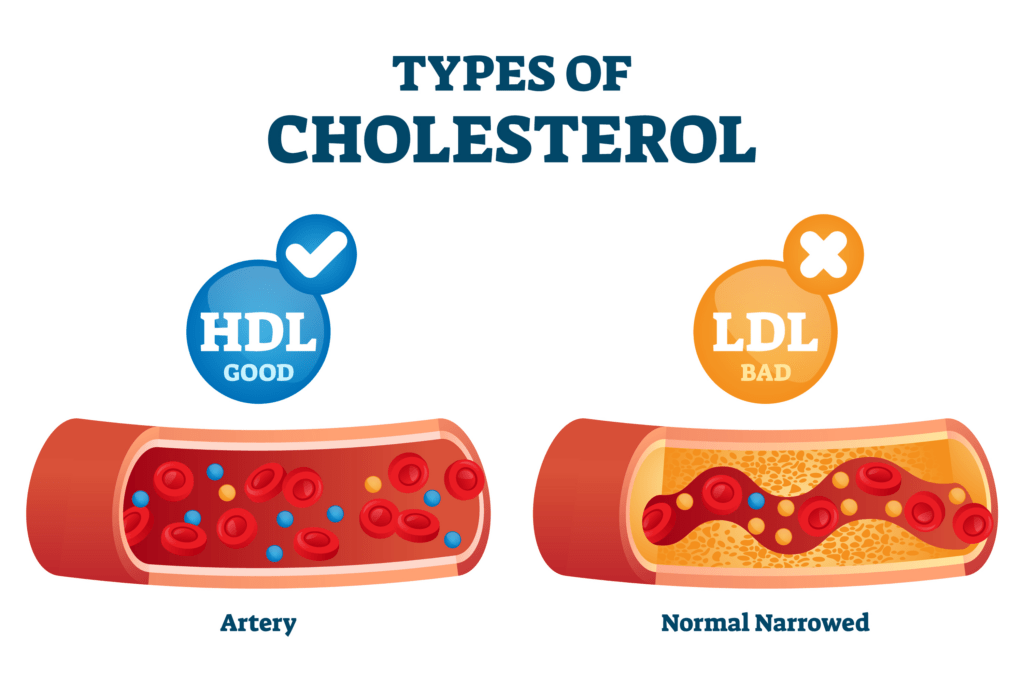Watch Your Cholesterol for a Healthy Heart
February is the perfect time to learn more about cholesterol, a condition that has a big impact on your heart health.

Last month’s WellWithin feature was on “Making Your Health a Priority.” This month our focus is on heart health; after all, it is February!
CHOLESTEROL is essential for the body to function, however having a high cholesterol level can increase one’s risk for developing heart disease. It is “blind” also known as “silent killer” as there are no symptoms, one would need to get an annual exam/screening to find out their cholesterol levels.
What is cholesterol?
It is a waxy substance in the blood. Cholesterol comes from the liver and also a person’s diet (what they eat). The liver produces all the cholesterol the body needs to perform essential functions.
There are also two main types of cholesterol: LDL and HDL.
LDL stands for Low-density lipoprotein cholesterol. People refer to it as the “bad” cholesterol because having too much of it can lead to heart disease and other health issues.
HDL stands for High-density lipoprotein cholesterol. People call this the “good” cholesterol because it helps remove the LDL from the blood and carries it back to the liver, which removes it from the body.
When there is too much cholesterol in the blood, it can build up in the arteries increasing the risk of stroke or heart attack.
What causes high cholesterol?
- Unhealthy diet
- Lack of exercise
- Obesity or overweight
- Smoking
- Genetics – non-Hispanic white people and males aged 20–39 have the highest risk
- Underlying medical conditions such as diabetes, HIV, or chronic kidney disease
Ways to lower cholesterol levels
Maintaining healthy lifestyle habits can help people lower their cholesterol levels gradually. In some cases, doctors may prescribe cholesterol-lowering medications. People can take the following steps to help lower their cholesterol:
- Eat a healthy diet with less saturated fatand trans-fat. Contact CareATC and schedule an appointment with a nutrition counselor. Appliance Park / Roper
- Get more physical activity.
- Seek support to quit smoking.
- Maintain a moderate weight or take steps to reach one.
- Find healthy ways to reduce or manage stress.
